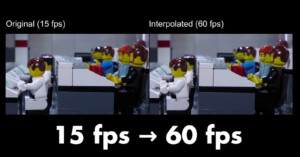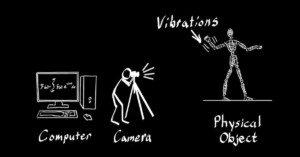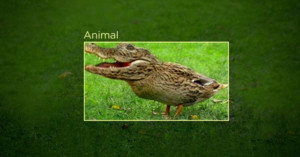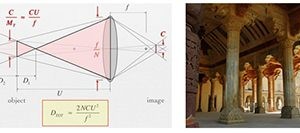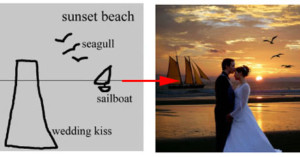
UK Passport Photo Checker Shows Bias Against Dark-Skinned Women
According to an investigation by the BBC, women with darker skin are more than twice as likely to fail the automated United Kingdom passport rules than fair-skinned men when submitted online through the nation's automated government checker.
